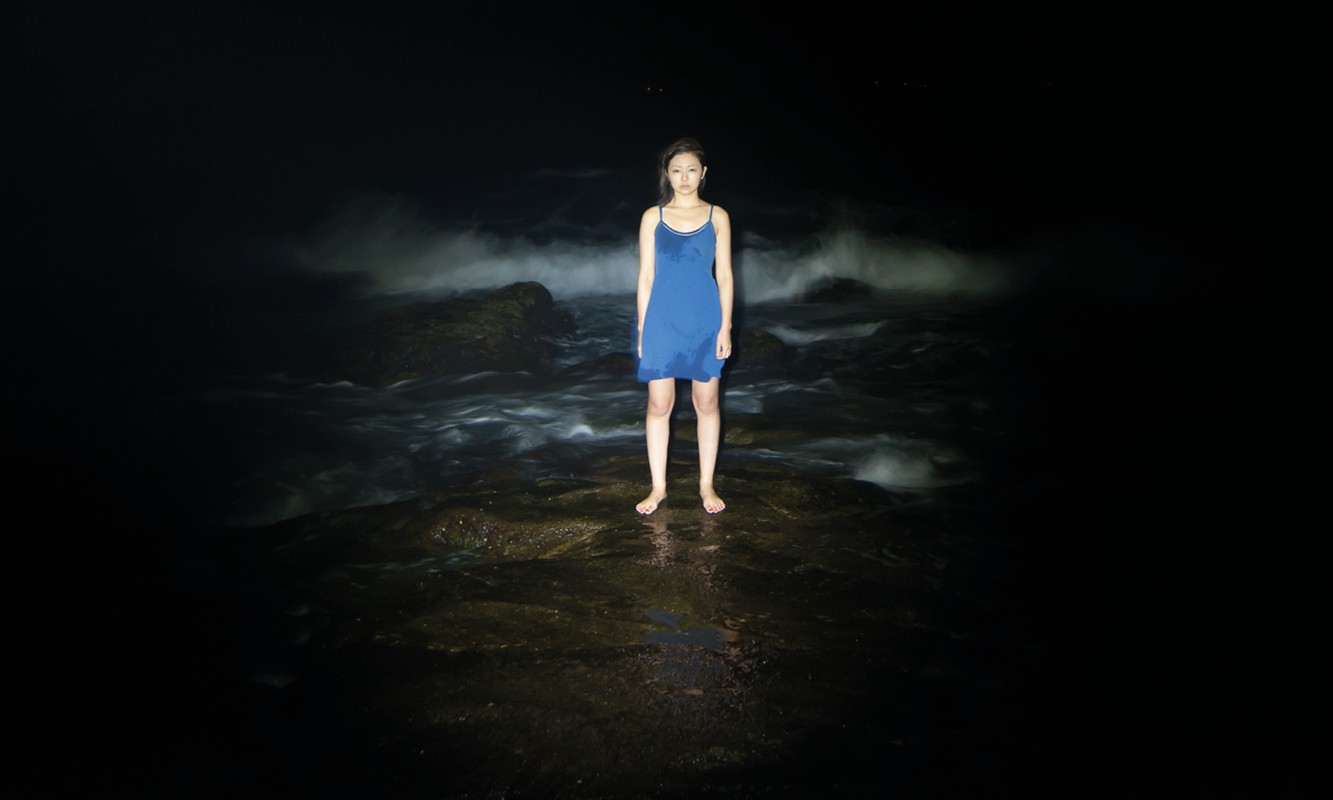Private security firm G4S and the Australian Government have settled civil proceedings with the parents of Iranian asylum seeker Reza Berati who was killed during the 2014 Manus Island riots.
Mr Berati, 23, was beaten to death by guards and other local contractors in the rampage at Australia’s offshore detention centre that also left 77 other asylum seekers injured.
In 2021, his parents Ita Torab Berati and Farideh Baralak began proceedings against G4S and the Australian Government in the Victorian Supreme Court over the mental harm suffered as a result of their son’s murder. They were represented by Maurice Blackburn and the Human Rights Law Centre (HRLC).
“We still feel the pain of Reza’s absence every single day. Reza came to Australia seeking safety. Then he was murdered in a detention centre where he should have been kept safe. He had done nothing wrong,” Mrs Baralak and Mr Berati said.
“We hope that no other parent has to go through this pain and that nothing like this is allowed to happen ever again.
“While there is nothing that will bring our Reza back or lessen the pain of his loss, we are glad that this case is over. We are satisfied that we fought for justice for Reza and are relieved now that we can try to move on with our lives.”
HRLC Acting Legal Director Freya Dinshaw said Mr Berati’s murder had become “a symbol of both the brutality and impunity of the offshore detention system”.
It is thought the case is the first launched in Australia on behalf of the family of someone who has died in offshore detention. At least 20 former Manus Island guards have brought legal action against the government and G4S for trauma sustained from witnessing the violence in February 2014.
A Senate inquiry in December 2014 found the cause of the riot to be a failure to process asylum seeker claims, stating the violence was “eminently foreseeable”. It also found the Australian Government failed in its duty to protect asylum seekers.
In 2016, two men were found guilty in Papua New Guinea’s National Court of murdering Mr Berati. They were sentenced to 10 years’ jail, with half suspended.








Share this article